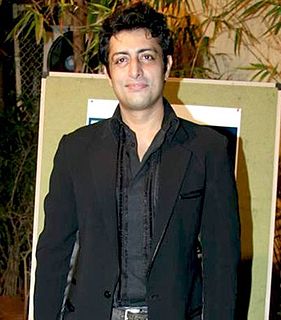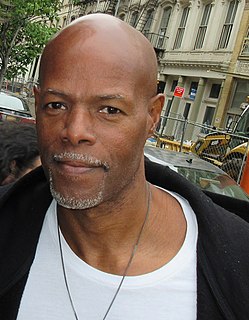A Quote by Aslaug Magnusdottir
Part of the budget should be used to purchase the items that you really need, such as a new coat or boots. Part of the budget should then be set aside to buy things you fall in love with and can't live without.
Related Quotes
I don't think I could advocate for increasing NASA's budget by a factor of two or ten, because I want us to have good roads in our country. I want us to have good education in our country. And NASA's budget is part of a discretionary budget, and we can't make that bigger without taking away other things.
You really have to examine how long you are going to live in the house; budget and then you have to come up with a plan that fits within all of those things. Then you have to stop, sit down and stare at that plan for a couple of months, take your time and live with it in your mind. Once you've got your budget, plan it.
During the season, your team should be led with exuberance and excitement. You should live the journey. You should live it right. You should live it together. You should live it shared. You should try to make one another better. You should get on one another if somebody's not doing their part. You should hug one another when they are. You should be disappointed in a loss and exhilarated in a win. It's all about the journey.
What you don't do, if you're an adult, is decide that you're going to budget things through a sequester. What does that word have to do with budgeting? It's like if you have a family budget and go, 'We really don't know what to take out economically from the budget, so we're going to whack out protein for this week.'


































